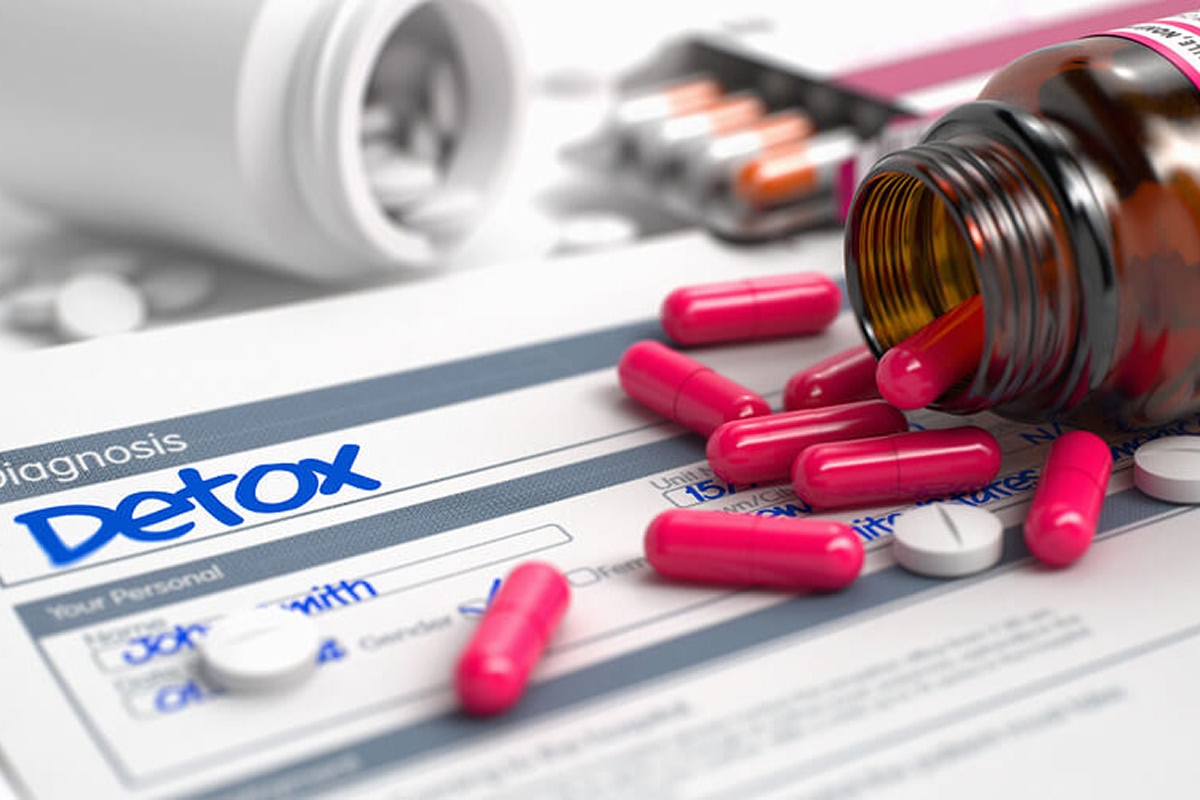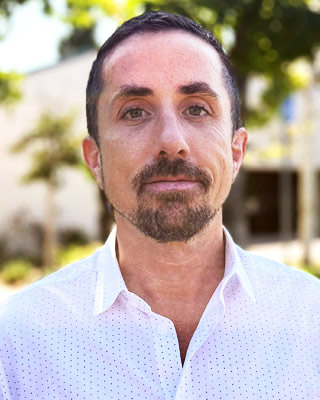Key Takeaways
- Mixing alcohol and drugs can cause dangerous interactions, addiction, and long-term physical and mental harm.
- Safe, medically supervised detox is the first step in clearing toxins and managing withdrawal symptoms effectively.
- 12 South Recovery offers personalized treatment and ongoing care to help clients achieve lasting addiction recovery.
Mixing alcohol and drugs might seem harmless at first, but it can quickly become dangerous and even life-threatening. Many people don’t realize how strongly these substances affect the body when combined or how easily they can lead to addiction and serious health problems. What starts as a way to relax or have fun can spiral into something harder to control. The first step toward change is knowing the risks and getting help. At 12 South Recovery, we help people safely detox and rebuild their lives through effective treatment and professional support.
What Happens When You Mix Alcohol and Drugs
Mixing alcohol and drugs means using both substances within a short period, sometimes even at the same time. This combination alters how your body processes each substance, often making the effects more intense or unpredictable.
Alcohol is a depressant that slows brain function, heart rate, and reflexes. When combined with drugs that affect the nervous system, the body struggles to process both, leading to dangerous outcomes such as:
- Slowed breathing or heart rate
- Extreme drowsiness or blackouts
- Impaired judgment and coordination
- Nausea or vomiting
- Risk of overdose
The body can’t metabolize alcohol and other drugs simultaneously. As a result, toxic levels can build up quickly, increasing the chance of overdose and long-term organ damage.
Even medications prescribed by a doctor can be harmful when mixed with alcohol. Painkillers, sedatives, and anxiety medications are especially risky because they amplify alcohol’s sedative effects.

Why People Mix Alcohol with Other Substances
People mix alcohol and drugs for many reasons: to relax, escape stress, or intensify a high. Some might do it out of curiosity or social pressure, while others may be struggling with emotional pain and turn to substances for temporary relief.
Common reasons include:
- Emotional coping: Using substances to numb anxiety, depression, or trauma.
- Social situations: Drinking or using to “fit in” or feel more confident.
- Tolerance buildup: Seeking stronger effects as the body adapts to regular use.
- Accidental mixing: Taking medication without realizing how it interacts with alcohol.
While motives vary, the outcome is often similar: physical strain, emotional distress, and increased dependence over time.
At 12 South Recovery, we help clients explore why they turn to substances and replace harmful coping habits with healthier tools for long-term stability.
The Hidden Risks of Mixing Substances
Mixing substances creates serious health risks that can affect nearly every part of the body. The combination of alcohol and other drugs disrupts the brain’s communication systems and impairs critical functions like breathing and decision-making.
Physical risks:
- Slowed or stopped breathing
- Irregular heartbeat
- Seizures or unconsciousness
- Liver or kidney damage
Emotional and behavioral effects:
- Mood swings or aggression
- Memory loss
- Impaired concentration
- Increased risk of accidents or risky sexual behavior
Over time, this pattern can evolve into substance dependence. The body becomes accustomed to having both substances and begins to crave them, making it harder to stop without help.
Signs You May Need Help After Mixing Alcohol and Drugs
Recognizing a problem early can make recovery safer and faster. Some people assume they can quit on their own, but withdrawal from alcohol and drugs can be dangerous without professional supervision.
You may need help if you notice:
- Cravings or anxiety when you don’t drink or use
- Mixing substances more frequently
- Memory gaps or blackouts
- Changes in sleep, appetite, or mood
- Feeling sick, shaky, or irritable after stopping
- Strained relationships due to substance use
If you see these signs, it’s important to act quickly. A safe, supportive detox program can help your body clear toxins while reducing withdrawal symptoms.
What Detox Looks Like for Alcohol and Drug Mixing
Detox is the first step in recovering from mixing substances. It helps the body safely eliminate alcohol and drugs under medical supervision. Because each person’s situation is different, detox plans are customized to meet individual needs and medical conditions.
At 12 South Recovery, detox typically includes:
- A thorough medical assessment
- Round-the-clock monitoring by licensed staff
- Medication support to manage withdrawal symptoms
- Nutritional support to restore strength
- Emotional guidance to prepare for therapy
Withdrawal can cause discomfort such as nausea, sweating, shaking, anxiety, or insomnia. For some, it can lead to severe complications like seizures or delirium tremens (DTs). That’s why professional care is vital, it keeps you safe while your body adjusts.
Once detox is complete, treatment shifts to addressing the psychological and emotional causes of addiction.
Types of Treatment Programs That Support Recovery
After detox, clients at 12 South Recovery begin tailored treatment programs designed to support long-term healing. Each level of care provides structure, therapy, and community at different stages of recovery.
Our programs include:
- Residential Treatment: 24-hour care in a supportive setting where clients focus on healing without distractions.
- Partial Hospitalization Program (PHP): A structured day program offering therapy, group sessions, and recovery education.
- Intensive Outpatient Program (IOP): Flexible treatment for those transitioning back to work, school, or family life.
- Continuing Care and Alumni Program: Long-term support to maintain sobriety and prevent relapse.
These programs focus on rebuilding healthy habits, processing emotions, and learning practical skills for sober living.
Therapies That Help Rebuild Mental and Emotional Health
Recovery is about healing the mind and body together. At 12 South Recovery, we use a combination of evidence-based therapies and holistic practices to help clients recover fully.
Our treatment approach includes:
- Cognitive Behavioral Therapy (CBT): Helps identify and change negative thought patterns.
- Dialectical Behavior Therapy (DBT): Builds emotional regulation and coping skills.
- Eye Movement Desensitization and Reprocessing (EMDR): Addresses trauma that often contributes to addiction.
- Group and Individual Therapy: Encourages connection and self-awareness.
- Holistic and Adventure Therapy: Uses physical activity and mindfulness to promote balance and confidence.
Each therapy is chosen to support emotional healing, strengthen coping strategies, and promote lasting addiction recovery.
Life After Detox: Building Strength and Purpose in Recovery
Completing detox is a major milestone, but it’s only the beginning of a new way of living. The next phase focuses on developing purpose, connection, and balance.
At 12 South Recovery, clients are encouraged to rebuild their lives through:
- Healthy routines and lifestyle changes
- Support groups and alumni connections
- Goal setting and accountability
- Continued therapy and relapse prevention
Recovery is about rediscovering who you are without substances. It’s a process of rebuilding confidence, finding new passions, and reconnecting with loved ones. With ongoing support, sobriety becomes a way of living with clarity and purpose.
Get Addiction Treatment at 12 South Recovery
Mixing alcohol and drugs might feel like a way to escape stress or pain, but it can lead to serious harm and long-term struggles. If you’ve found it hard to stop or feel like substances are taking control, 12 South Recovery can help. We provide safe detox, therapy, and ongoing care to help you rebuild your health and confidence. Call 12 South Recovery today to begin your path toward healing and a life free from addiction.































